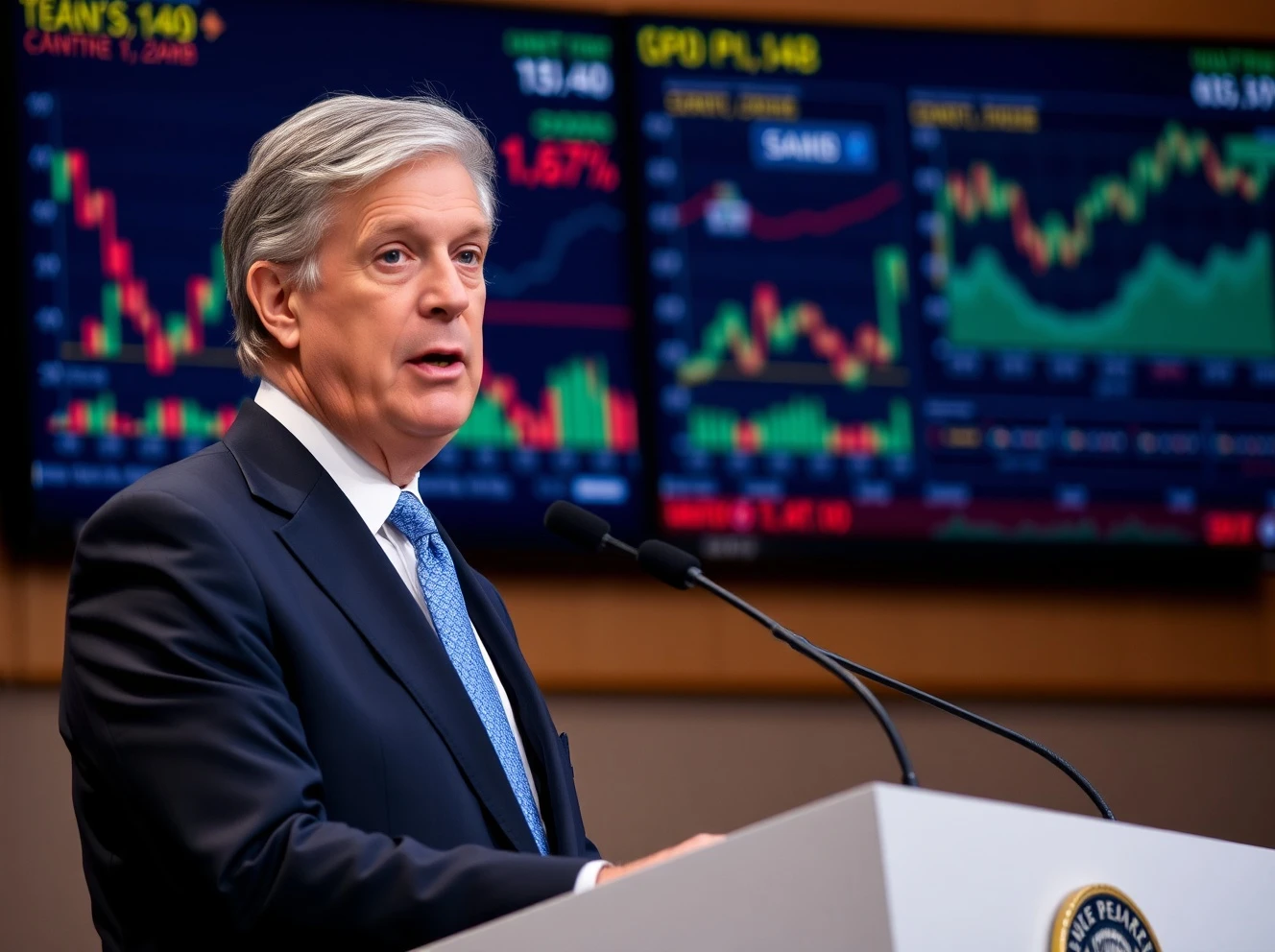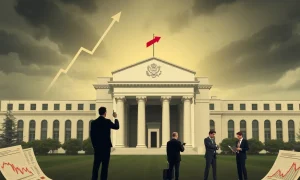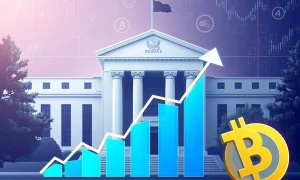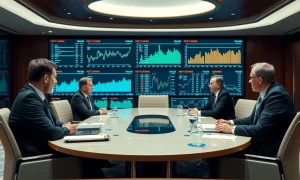Federal Reserve Chair Jerome Powell’s recent assessment of tariffs and inflation dynamics has sent ripples through financial markets, offering crucial insights for investors and policymakers navigating today’s complex economic landscape.
Understanding Tariffs and Inflation Dynamics
Jerome Powell recently provided critical analysis on how tariffs affect inflation patterns. His assessment suggests temporary effects but emphasizes ongoing monitoring requirements. The relationship between tariffs and inflation remains complex yet vital for economic stability.
Immediate Economic Impact of Tariffs
Tariffs function as import taxes that directly influence consumer prices. Businesses face increased costs when tariffs are implemented. These expenses often transfer to consumers through higher retail pricing. Supply chains undergo significant adjustments during this process.
Key immediate effects include:
- Higher import costs for raw materials and finished goods
- Consumer price increases across multiple product categories
- Supply chain reorganization requiring time and investment
Federal Reserve Monitoring Strategy
The Fed maintains vigilant observation of tariffs and inflation correlation. Powell emphasized continuous data analysis despite expecting short-term effects. This careful approach ensures appropriate monetary policy responses.
Monitoring considerations include:
- Potential long-term supply chain changes
- Retaliatory tariff possibilities from trading partners
- Business investment and consumer confidence impacts
Economic Challenges and Business Implications
Companies face dual pressures from tariffs and inflation simultaneously. Managing cost increases while maintaining competitiveness requires strategic planning. Consumers experience direct budget impacts from rising prices.
Broader Economic Consequences
Tariffs and inflation interactions influence multiple economic sectors significantly. Consumer spending patterns may shift toward essential goods. Business expansion plans could face delays or cancellations. International trade relationships might experience increased strain.
Conclusion: Navigating Economic Uncertainty
Jerome Powell’s analysis provides essential guidance on tariffs and inflation management. While expecting temporary effects, the Federal Reserve maintains careful observation protocols. This approach supports informed monetary policy decisions promoting economic stability.
Frequently Asked Questions
Q: How do tariffs typically affect consumer prices?
A: Tariffs increase import costs that businesses often pass to consumers through higher retail pricing, contributing directly to inflation.
Q: Why does Powell consider tariff effects short-term?
A: Market adjustments, supply chain adaptations, and consumer behavior changes typically moderate initial inflationary pressures over time.
Q: What monitoring methods does the Federal Reserve use?
A: The Fed analyzes price indices, trade volume data, supply chain metrics, and business investment patterns continuously.
Q: How might prolonged tariffs affect economic growth?
A: Extended trade restrictions could reduce business investment, decrease consumer spending, and potentially slow overall economic expansion.
Q: What role do retaliatory tariffs play?
A: Other nations’ responsive tariffs can escalate trade disputes, broadening inflationary pressures across global markets.
Q: How should businesses prepare for tariff changes?
A: Companies should diversify supply chains, monitor cost structures, and develop flexible pricing strategies.








